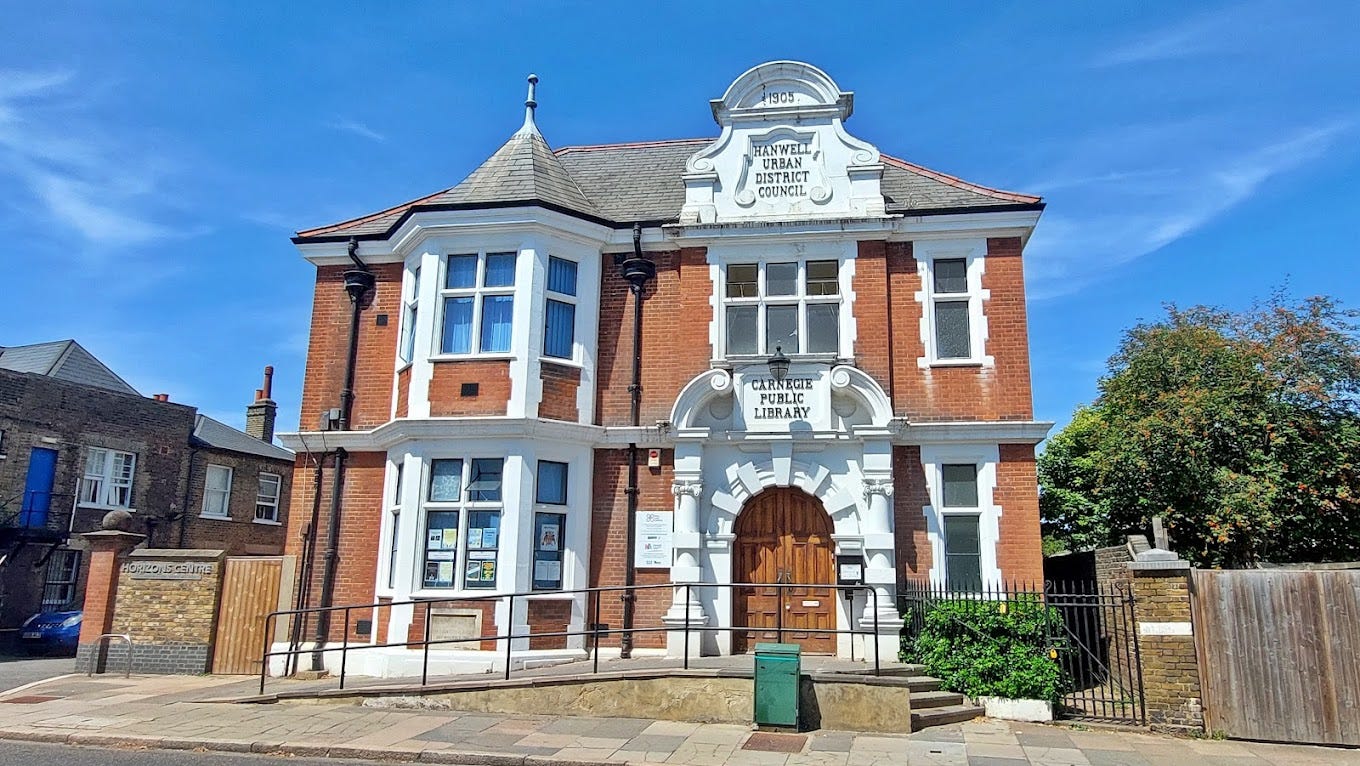The longing for material in the Digital Age
Analogue, Digital, Analogue again: Libraries, Museums, Cinemas and more.
With the world becoming evermore technologically advanced by the minute, it is natural that this digital way of living inspires questioning along the way.
We question our daily habits, the ways that we are spending our time, how we are interacting with others and the world around us. We question whether this time on our devices is really allowing us to connect, as much as we tell ourselves, or if it is more of a distraction and a way to isolate ourselves. We all know there is nothing inherently wrong with digital consumption, but as the age old saying goes: everything in moderation.

Living in a post-pandemic world, we remember the days of solely spending time with loved ones online, where our daily interactions were limited to those we could reach over our digital connection, entirely changing how we interact. For years, it was the answer, and more simply, it was our only option. As a society we became fatigued, rates of social isolation soared, as digital addiction rates rose.
Things are shifting.
There are countless articles around the world highlighting our rising book sales1, busier coffee shops2 and requests for third spaces3. The younger generation, who are particularly at risk of digital isolation4 and addiction5, are seeking out analogue establishments to spend their time and we must ask why. What do these spaces tell us about what we value as people?
When we look to libraries, historically they were passive places of quiet study - but around us today (our own library, for example) we see that Libraries are spaces for social cohesion, they are community spaces that are active and alive inspiring the shared experience of being within your community.
The library today asks more of it’s community, it seeks participation and offers a chance to join Storytimes, participate in workshops and simply change your Work From Home environment. Surely, we now look to the library for humanity, for the reminder that we are part of something else and the simple act of turning up counts for a lot.

Libraries are not the only places that share this sentiment. If we look to our cinemas we can see communities being built by the minute. Yes, it is the film that takes us there but the shared experience of the emotion, the anticipation and the humanity on display makes us return. Film has built communities since it’s birth - it’s an intrinsically communal experience6 that was endangered with the rise of the streaming services…
However, the rise of the pop-up cinema, guerrilla screenings and indie showcases ask us to consider, is it just the film that is important or the pairing of art with community?
Have we become tired by the idea of consuming in our own four walls and are once more seeking human interaction even in the most silent of experiences?
When we think of material objects and where they are available for viewing we may be guided to the museums. Much like our libraries and cinemas, visitor numbers to museums are rising7, the yearning for the tangible is being translated once more into action. These spaces offer us education, they offer us creativity and diversity of thought. It is not solely that we can visit artifacts but instead the notion of the shared experience, of feeling close to those who once were and feeling closer to those around us now.
We must support these spaces, by investing our time, our presence, and money where our humanity thrives - for our own social survival.
Over the pandemic, we tried to replace these structures with the digital; digital tours of exhibitions, rising streaming numbers, e-books galore. We saw the necessity in keeping ourselves entertained but today…we are feeling more drained than ever8, the charm of these pastimes was partially in their shared experience when we had no other choice.
You may visit the library, cinema or museum on your own but it is unlikely that you will remain alone throughout your visit, you might simply share the space with another or you may have a few conversations along the way.
It is the humanity that keeps us returning. The humanity of shared experiences increases our dopamine levels. The humanity is what keeps us connected.
This is why as a society we are shifting back to a more material-led way of living, some are embracing the digital detox, whilst others simply limit their consumption, but regardless, the modern age is looking less digital than we once thought it would.
Our analogue spaces are often deemed passive, but they encompass the most active, pure experiences of humanity, the ones we are able to share with one another, the ones that leave an ever lasting impression on our experience of the world.
We must support these spaces, by investing our time, our presence, and money where our humanity thrives - for our own social survival.
Donate to Hanwell Community Library here, if you can!
https://www.euronews.com/culture/2023/04/20/record-breaking-year-for-uk-books-how-do-other-european-countries-compare
https://www.wholesalecoffeecompany.co.uk/blog/uk-set-to-have-more-coffee-shops-than-pubs-by-2030/#:~:text=Around%20two%20fifths%20of%20us,160%2C000%20baristas%20on%20their%20toes.
https://www.verywellmind.com/why-third-places-matter-8584788
https://www.ons.gov.uk/peoplepopulationandcommunity/wellbeing/articles/mappinglonelinessduringthecoronaviruspandemic/2021-04-07
https://www.ncbi.nlm.nih.gov/pmc/articles/PMC9969478/#:~:text=According%20to%20a%20meta%2Danalysis,before%20the%20pandemic%20(13.6%25).&text=Recently%2C%20a%20study%20in%20Ibadan,of%20internet%20addiction%20among%20adolescents.
https://www.screendaily.com/news/going-to-the-cinema-is-good-for-you-and-your-community-finds-bfi-report/5187830.article
https://www.museumsassociation.org/museums-journal/news/2023/12/upward-trend-in-museum-visitor-figures-across-uk/
https://www2.deloitte.com/us/en/insights/industry/telecommunications/connectivity-mobile-trends-survey/2023/connected-consumers-digital-fatigue.html






